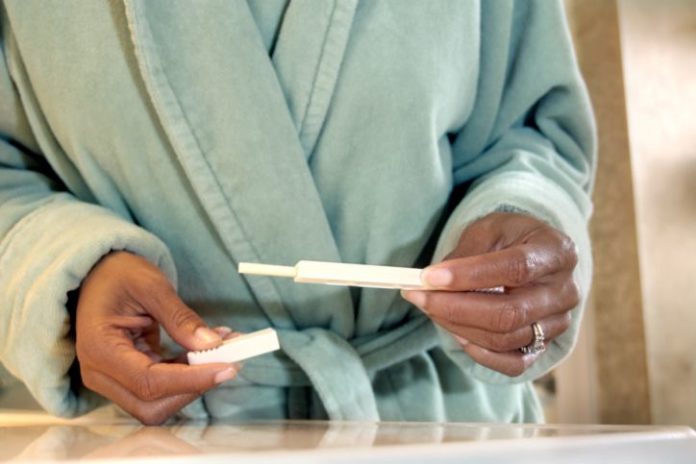A survey of women seeking fertility assistance to become pregnant found most did not know which days of the menstrual cycle they were fertile and most likely to conceive.
In the first study of its kind in Australia, Monash University researchers surveyed 204 infertile women seeking fertility assistance to achieve pregnancy at two Assisted Reproductive Technology (ART) clinics in Melbourne. It found only 13 per cent of the women could correctly identify the specific days of the menstrual cycle, just before and during ovulation, that women were fertile and could become pregnant.
Published in the International Journal of Advanced Nursing, the study found 68 per cent of the women believed they had accurately timed intercourse within the fertile days of their menstrual cycle in their attempts at natural conception before seeking professional advice.
Principle investigator Kerry Hampton, from Monash University’s Department of General Practice, said the findings highlighted a gap between what women wanted to know about the days they were fertile and what they actually knew.
“This study found a majority of the women seeking fertility treatment had insufficient knowledge of when to time intercourse to optimise natural conception,” Ms Hampton said.
“It would appear that a gap exists between what women desire in relation to fertility-awareness education with the knowledge and understanding of health professionals and what they actually know.”
Ms Hampton said poor fertility awareness could be a contributing cause of infertility, which affects approximately one in six Australian couples.
“Accurately timed intercourse on fertile days of the menstrual cycle may reduce the time it takes a couple to get pregnant, helping some to avoid unnecessary ART treatment,” Ms Hampton said.
“Fertility education should be a fundamental part of pre-conception care, and the primary care of couples when they first report difficulty conceiving.”
The study found 87 per cent of the women experiencing difficulty achieving a natural pregnancy tried to improve fertility knowledge. The most frequent sources of information were the Internet and books.
Infertility is defined as the inability to conceive a pregnancy after 12 months of unprotected sexual intercourse.
The best time to conceive is the three days just before and including ovulation, which occurs about 14 days before the start of a period.
Source: Monash University











